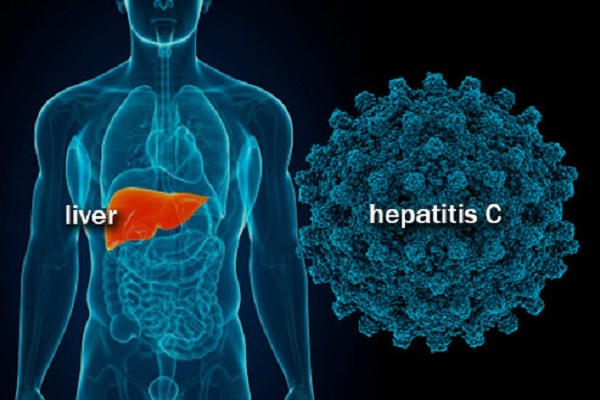
Kidney failure is the subsequent outcome of kidney disease in its advanced phase that can lead to a host of other health complications. There are many reasons for kidney failure; one which includes infectious diseases like Hepatitis C.
Hepatitis C is a type of contagious virus that spreads through the blood. Also known as HCV, this form of hepatitis is considered dangerous because its symptoms may not show up for months, or an even year after the early infection occurs.

Hepatitis C and kidney damage
One common explanation for why hepatitis C disease affects the kidneys is the link between the hepatitis C virus and its tendency to incite swelling in our blood vessels. This swelling will repeatedly involve the kidney and has the potential to set off swelling outcomes in the kidney’s filtering function. In other words, in most cases, it’s not a direct infection of hepatitis C that harms kidney function, but the body’s reaction to hepatitis C that does the damage. Kidney function can then become “collateral harm” of a battle that rages between the hepatitis C virus and our body’s immune system, with distressed patients left with varying degrees of kidney disease.
Treatment

In those found to have severe kidney damage which could be usually linked to hepatitis C, the treatment should put emphasis on treating hepatitis C. However, it is not always that direct. Not every patient with hepatitis C is essentially a candidate for treatment since response rates vary and the possible side effects of treatment have to be kept in mind.
Certain patients could already be past the point of no return when it comes to both saving liver and kidney function. The kidneys don’t particularly have much of a reformative capacity. So if severe damaging has already occurred in the kidneys, it’s unlikely that the patient would recover kidney function even with treatment of hepatitis C. Regardless, there could be perfectly valid reasons to still treat hepatitis C.
A vital point to remember is that the presence of kidney disease itself changes treatment choices for hepatitis C as well. This is because treatment is often different based on the level of kidney damage. Talk to your doctor about the best treatment route for you.
Treatment of hepatitis C infection with kidney failure
Few patients of hepatitis C develop chronic kidney disease. During initial period they can be treated by nephrologist to delay the dialysis by use of some medicines.
However a few of these patients develop permanent kidney failure due to hepatitis C infection. These patients require renal replacement therapy which can be either hemodialysis or peritoneum dialysis. Haemodialysis in hepatitis C patients requires special precautions during dialysis. Prevention of cross Infection among haemodialysis patient is the most important part of treatment. Special precautions and some technical expert ties are required during haemodialysis of hepatitis patients with advanced kidney and liver disease.
(Writer Dr Anil Patel is Consultant Nephrologist & Transplant Physician, NephroPlus, Surat. Views expressed are a personal opinion.)
Be a part of Elets Collaborative Initiatives. Join Us for Upcoming Events and explore business opportunities. Like us on Facebook , connect with us on LinkedIn and follow us on Twitter , Instagram.












